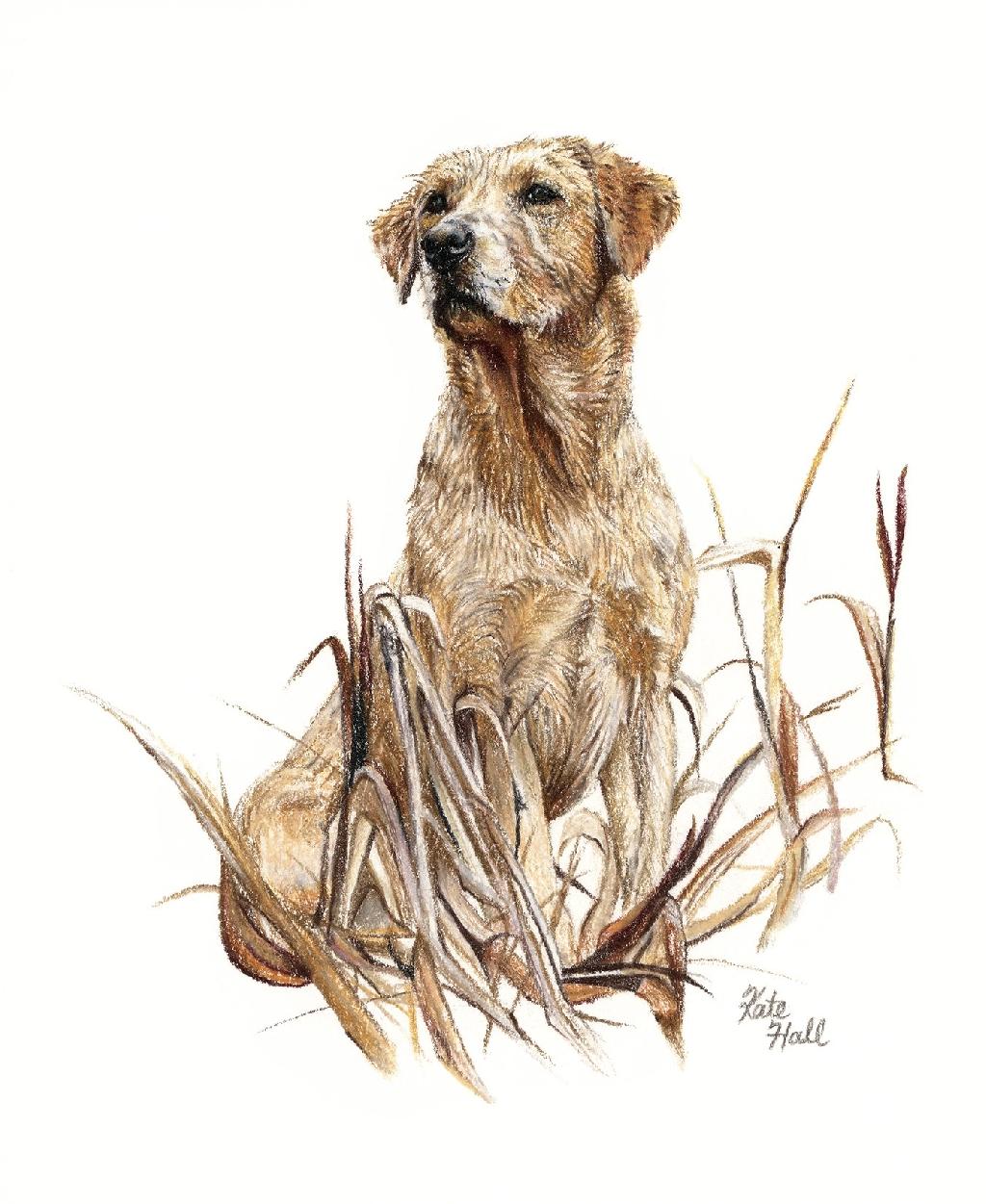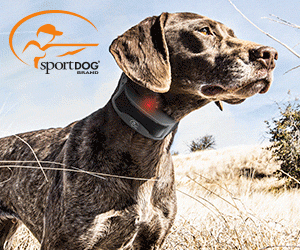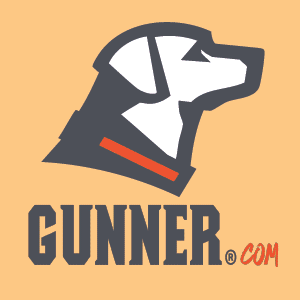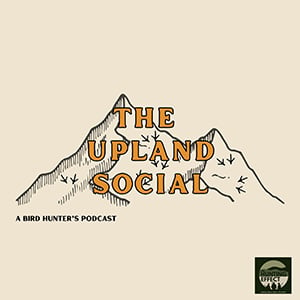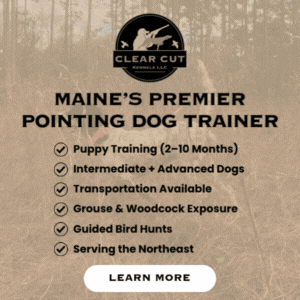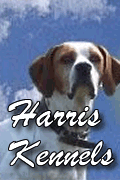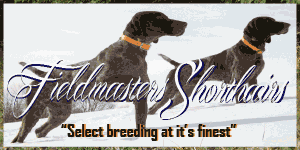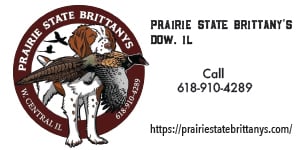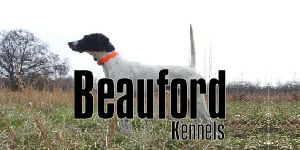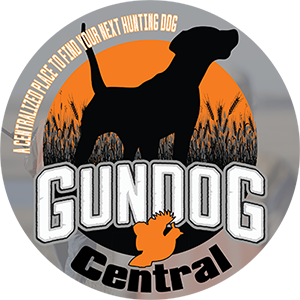Socializing your sporting dog
Your puppy needs to meet as many people as possible. Always make your puppy behave and have good manners. Do not let your puppy jump all over people teach them to be patient and get rewarded with pats on head for being good. Remember it's maybe cute when a puppy jumps up on someone but not a 60-100 pound dog.
Introduce them to all kinds of sounds, sites and smells. Let them explore when possible. Any and all sounds that you can expose them to (age appropriate). Do not shot the shotgun right over them at 8 weeks old before proper introduction to gun fire. Take them to as many places as possible. Take them in stores that allow pets such as Pet stores, Lowe's and Tractor Supply. I know some of you are asking what does all this have to do with my hunting companion? Everything. All the socializing will make a confident pet. Confident pet makes a much better and well rounded hunting companion. All this before the real training begins. I believe socializing set the bar for your training and how good your hunting companion will be.
Start building drive into your puppy. Start by playing retrieves. Short fun to start with, just play. ONLY do a few at first, keep the puppy wanting to do more BUT stop after 3-5 retrieves. Start off in a hallway or confined area where puppy has to come to you with bumper or whatever you are using for retrieving. Lots of praise when puppy brings bumper or toy to you. Again only a few at a time. As puppy gets older the distance and training time can increase. I like to start formal training at 5-6 months. Prior to beginning formal training the puppy should be very well socialized and basic commands completed. At 5-6 months the puppies brain has developed enough to begin formal training. By this time your puppy has been introduced to all kinds of things and has informal training. The solid foundation is there so now build your mansion.
Begin formal obedience, now it becomes a job not always fun. Now instead of asking to do something it becomes a demand. Start steadying the commands slowly but surely. Work with your hunting companion daily 5-15 minutes a day. 5 minutes a day is better than 10 hours one day a week. Try to keep training fun and keep changing up to keep puppy on their toes and prevent boredom. Try to set up training in realistic settings as training continues and it gets closer to hunting season. Make sure you have introduced gun fire and live birds before season begins. Don't set expectations too high. Remember your puppy is like a toddler so have lots of patience and a lot of repetitions. Good luck and GOD BLESS.

About the Artist : Kate Hall
Visit artist websiteKate Hall is an outdoor artist who resides on an Angus cattle farm in Tennessee, where she began hunting at an early age. During her 13 years as a flight attendant, Kate visited 27 countries and all 50 states. She now spends her time traveling across the country in search of rising trout and upland birds with her husband and their English Setter. In his first two seasons they hunted on public lands in MT, KS, SC, AL, NC, KY and TN for quail, ruffed grouse, sharptail grouse, woodcock, pheasant, prairie chickens, and hungarian partridge. Upland hunting has enriched Kate's life and influences much of her colored pencil work.

